
The Art of South Africa's Rural Communities
Missionary Myths, Scholarly Concerns
It was only in the second half of the nineteenth century that public collections of African art began to be amassed in response to the emergence of Anthropology as a discipline.
Researchers from the global north used figurative carvings and other artefacts to map the social lives and ritual practices of indigenous African communities. Objects were also acquired as souvenirs by explorers and colonial administrators, while missionaries used them to propagate myths about the supposedly uncivilized practices of the people they encountered in Africa and elsewhere.
Early twentieth century artists like Picasso and Matisse collected figurative carvings that challenged the aesthetic norms of European sculptural traditions.
But collectors like these generally confined their efforts to acquiring carvings from West and Central Africa, accepting the then widespread assumption that Southern African communities produced only utilitarian artefacts like headrests and meat plates.
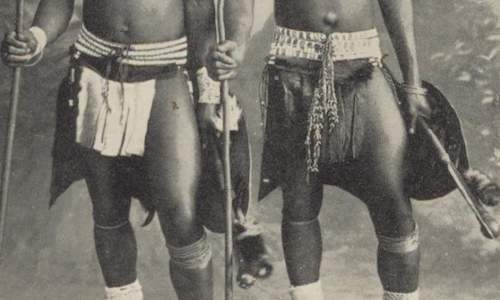
People wear clothes for the obvious reason that it is essential to protect their bodies against different weather conditions. Clothing shiel...
more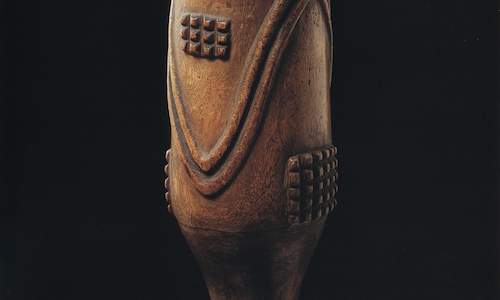
In the early 20th century, local collectors of African art such as the internationally acclaimed South African artist, Irma Stern, travelled...
more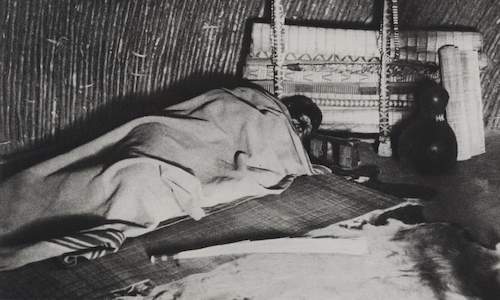
Historically, headrests were used by both men and women throughout south-east Africa, but there is no significant evidence of the adoption o...
more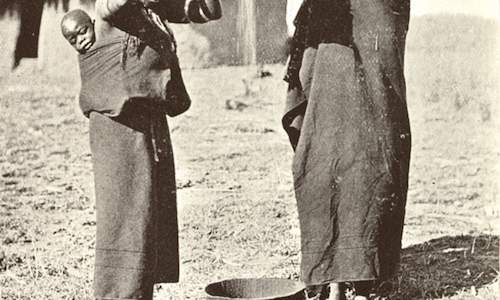
Historically, rural traditionalists produced virtually everything they required to meet their daily needs. The members of individual homeste...
more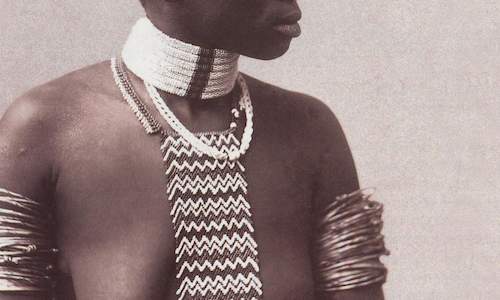
It is commonly assumed that African beadwork traditions emerged through trans-continental trade relations that led to the importation of gla...
more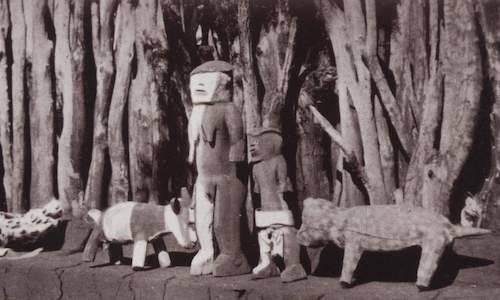
Before the 1980s, researchers working on the ritual arts of Africa commonly assumed that there was little if any evidence of figuration amon...
more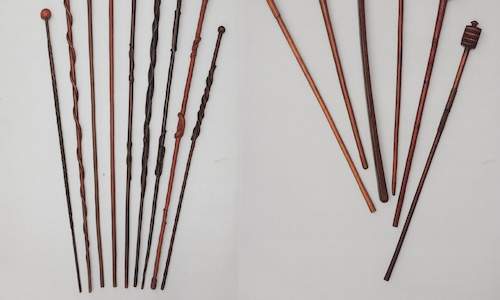
Most southern African communities used a number of different terms to describe the sticks, staffs and knobkerries they used for defensive an...
more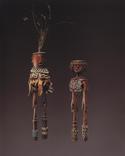
 People wear clothes for the obvious reason that it is essential to protect their bodies against different weather conditions. Clothing shiel...
People wear clothes for the obvious reason that it is essential to protect their bodies against different weather conditions. Clothing shiel... In the early 20th century, local collectors of African art such as the internationally acclaimed South African artist, Irma Stern, travelled...
In the early 20th century, local collectors of African art such as the internationally acclaimed South African artist, Irma Stern, travelled... Historically, headrests were used by both men and women throughout south-east Africa, but there is no significant evidence of the adoption o...
Historically, headrests were used by both men and women throughout south-east Africa, but there is no significant evidence of the adoption o... Historically, rural traditionalists produced virtually everything they required to meet their daily needs. The members of individual homeste...
Historically, rural traditionalists produced virtually everything they required to meet their daily needs. The members of individual homeste... It is commonly assumed that African beadwork traditions emerged through trans-continental trade relations that led to the importation of gla...
It is commonly assumed that African beadwork traditions emerged through trans-continental trade relations that led to the importation of gla... Before the 1980s, researchers working on the ritual arts of Africa commonly assumed that there was little if any evidence of figuration amon...
Before the 1980s, researchers working on the ritual arts of Africa commonly assumed that there was little if any evidence of figuration amon... Most southern African communities used a number of different terms to describe the sticks, staffs and knobkerries they used for defensive an...
Most southern African communities used a number of different terms to describe the sticks, staffs and knobkerries they used for defensive an...